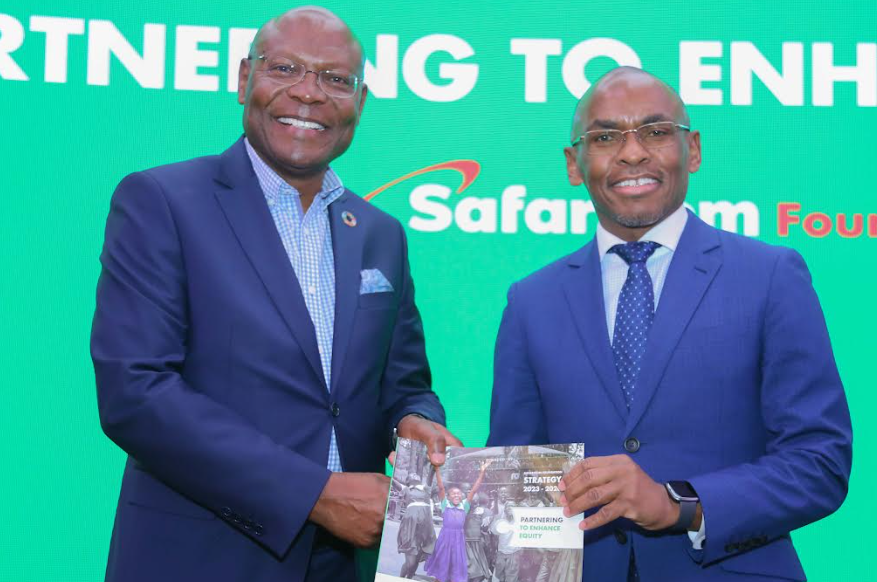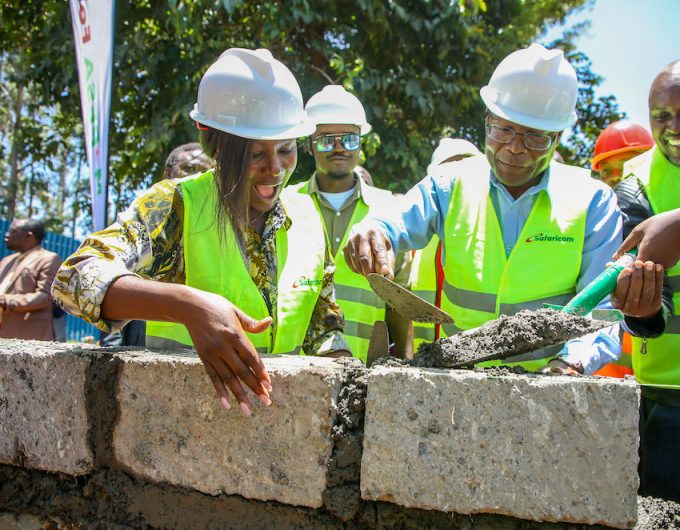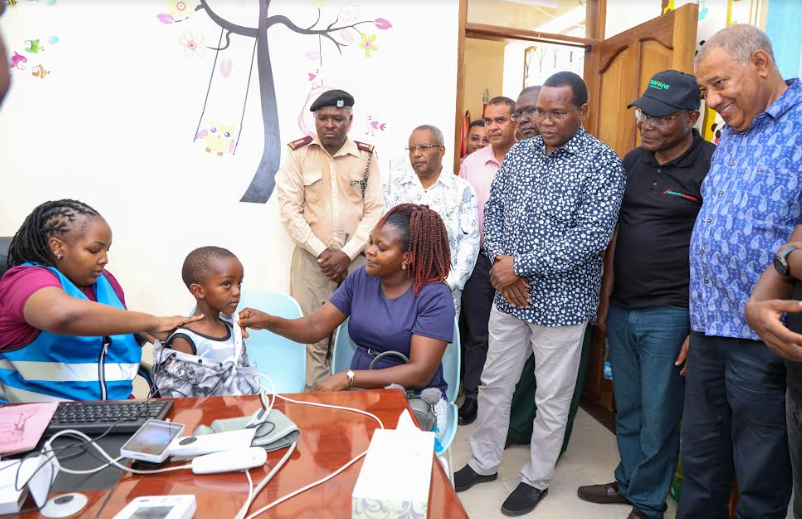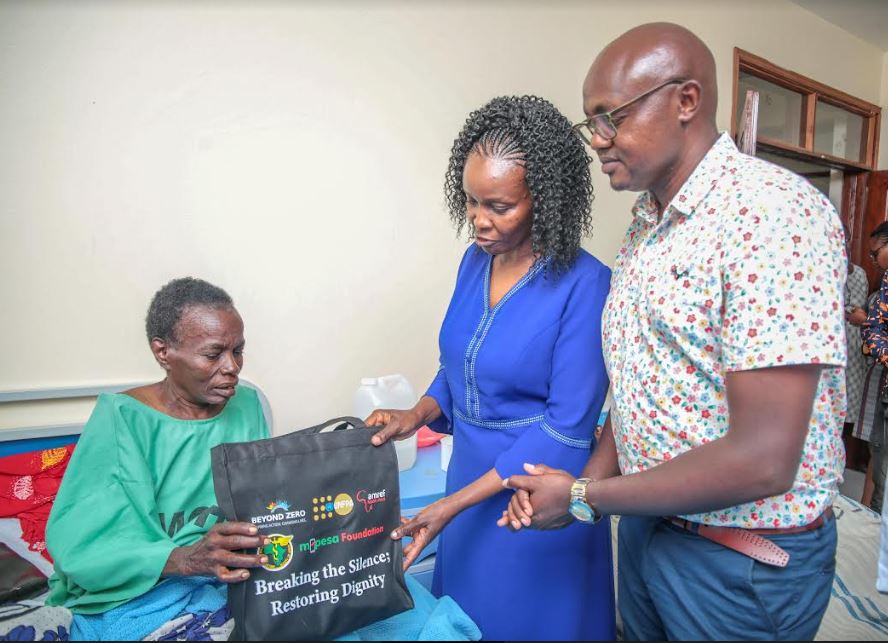Safaricom Foundation has launched its 2023-2026 strategy, titled ‘Partnering to Enhance Equity’, which will focus on community investments in Education, Health, and Economic Empowerment.
This follows the successful implementation of its 2018 to 2021 strategy that saw over 4 million people positively impacted through more than 2,000 community projects.
In the new 2023 to 2026 strategy, the Foundation will integrate ICT, Sustainable Philanthropy and Humanitarian Response as major execution components to ensure the delivery of long-lasting impactful projects and philanthropic investments to address communities’ urgent needs and immediate concerns.
The new strategy will see the Foundation deepen its community engagement through partnerships that are aligned with Safaricom’s purpose of transforming lives, as for the first time, the Foundation will also leverage funding from partners to create shared value for longer-term projects.
“Our new strategy will rely a lot on partnerships, technology, and community engagement by bringing on-board all stakeholders in our programmes. That is why we have incorporated Sustainable Philanthropy as a key delivery component so that through such gainful partnerships, communities can continue thriving long after we have implemented our initiatives,” said Joseph Ogutu, Chairman, Safaricom Foundation.
Under its Education pillar, the Foundation seeks to integrate digital skills to strengthen teacher and learner competencies and improve education outcomes. The Foundation will also increase access to TVET training for young people through establishing TVET centres of excellence and provision of scholarships, apprenticeships, and tooling of graduates in readiness for the job market.
Under Health, the foundation has incorporated adolescent health due to an increase in demand for quality reproductive services. This pillar will also improve its Reproductive, Maternal, Neonatal, Child and Adolescent Health initiative (RMNCAH) to strengthen the capacity of National, County and Community Health Systems. It will also integrate screening for non-communicable diseases to enable early detection, treatment, and management. Technology will play a role in mapping the number of pregnant women in high-burden counties and also be used in awareness creation in health interventions.
To harness the potential of the youth, the Economic empowerment pillar will have entrepreneurship programmes, job creation and innovative affordable financing. This will be achieved through Agribusiness, Ecoprenuership and Enterprise Development. Using technology, the Foundation will boost learning in good agricultural practices and agribusiness management as well as support innovations geared towards providing ICT solutions to agri-business management for startups.
“In this 2023 to 2026 Safaricom Foundation strategy, we will heavily leverage technology across the three pillars to improve efficiency and scale impact. By 2026, we hope that Safaricom Foundation will have proven that it is possible to impact the community through technological interventions,” said Peter Ndegwa, CEO, Safaricom.
Read: Over One Million Kenyans to Benefit From Safaricom Foundation’s Ndoto Zetu Initiative
>>> Over One Million Kenyans to Benefit From Safaricom Foundation’s Ndoto Zetu Initiative













Leave a comment